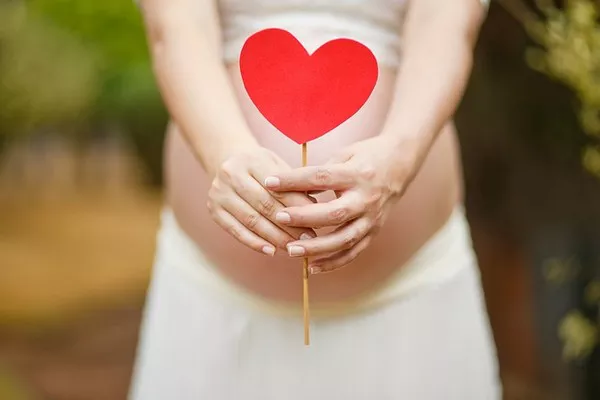A new study led by Julia Varshavsky, Assistant Professor of Environmental Health at Northeastern University, has found that chemicals commonly used in sunscreens and cosmetics, such as phenols and parabens, may be linked to hypertension during pregnancy. These chemicals, often included in products for their UV-filtering properties or to prevent bacterial and mold growth, could pose risks not only during pregnancy but also for long-term health.
Key Findings:
Chemicals and Hypertension: The study identifies a potential connection between phenols and parabens and an increased risk of high blood pressure in pregnant individuals. This research stands out for examining the cumulative effects of multiple chemical exposures rather than focusing on individual chemicals.
Broader Impact: Unlike previous studies that concentrated on the effects of these chemicals on fetal and childhood development, this research highlights the impact on the pregnant individual’s health both during and after pregnancy. Persistent hypertension during pregnancy can lead to complications like early labor, preeclampsia, and diabetes, and may increase the risk of cardiovascular diseases, obesity, and diabetes later in life.
Study Context: Conducted with pregnant women in Puerto Rico—a region known for high environmental toxin exposure and socioeconomic challenges—the study emphasizes how broader environmental and societal factors intersect with chemical exposures. Puerto Rico’s Superfund sites and other environmental stressors, combined with recent climate change impacts, contribute to an elevated risk profile for residents.
Sensitive Biological Periods: Varshavsky notes that the pregnant body undergoes significant biological changes that may make it more susceptible to chemical impacts. Similar vulnerabilities are observed during puberty and other periods of intense biological change. Chemicals can disrupt hormone signaling pathways, potentially leading to various health issues, including an increased risk of cancer in hormone-sensitive tissues.
Call for Safer Alternatives: The study’s findings underscore the need for increased awareness and action regarding chemical safety in personal care products. Varshavsky hopes the research will prompt efforts to find safer alternatives and reduce harmful chemical exposures.
Implications:
The study highlights a crucial link between everyday personal care products and significant health risks during pregnancy. As awareness grows, there is an urgent need for further research and public health measures to mitigate these risks and promote safer product formulations.

